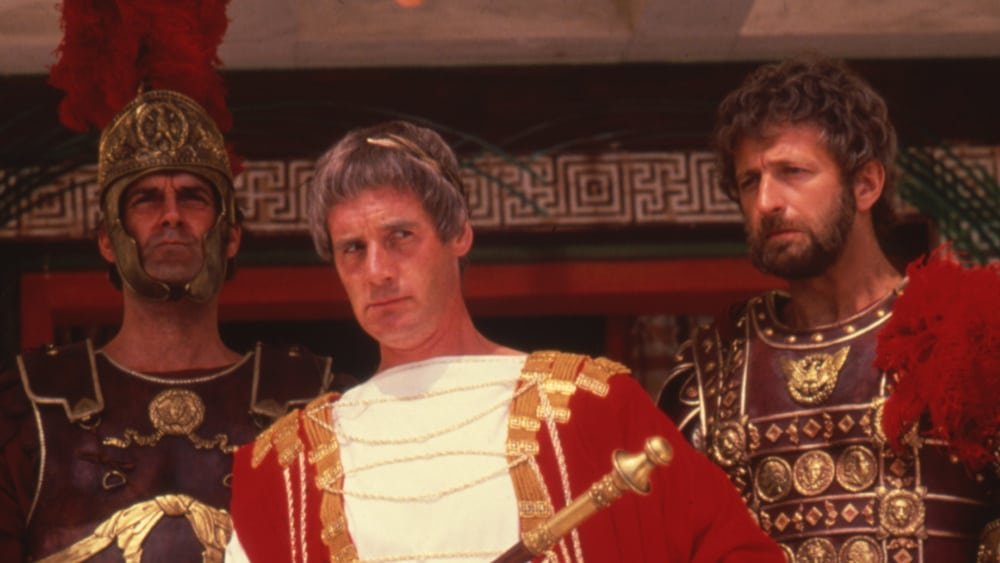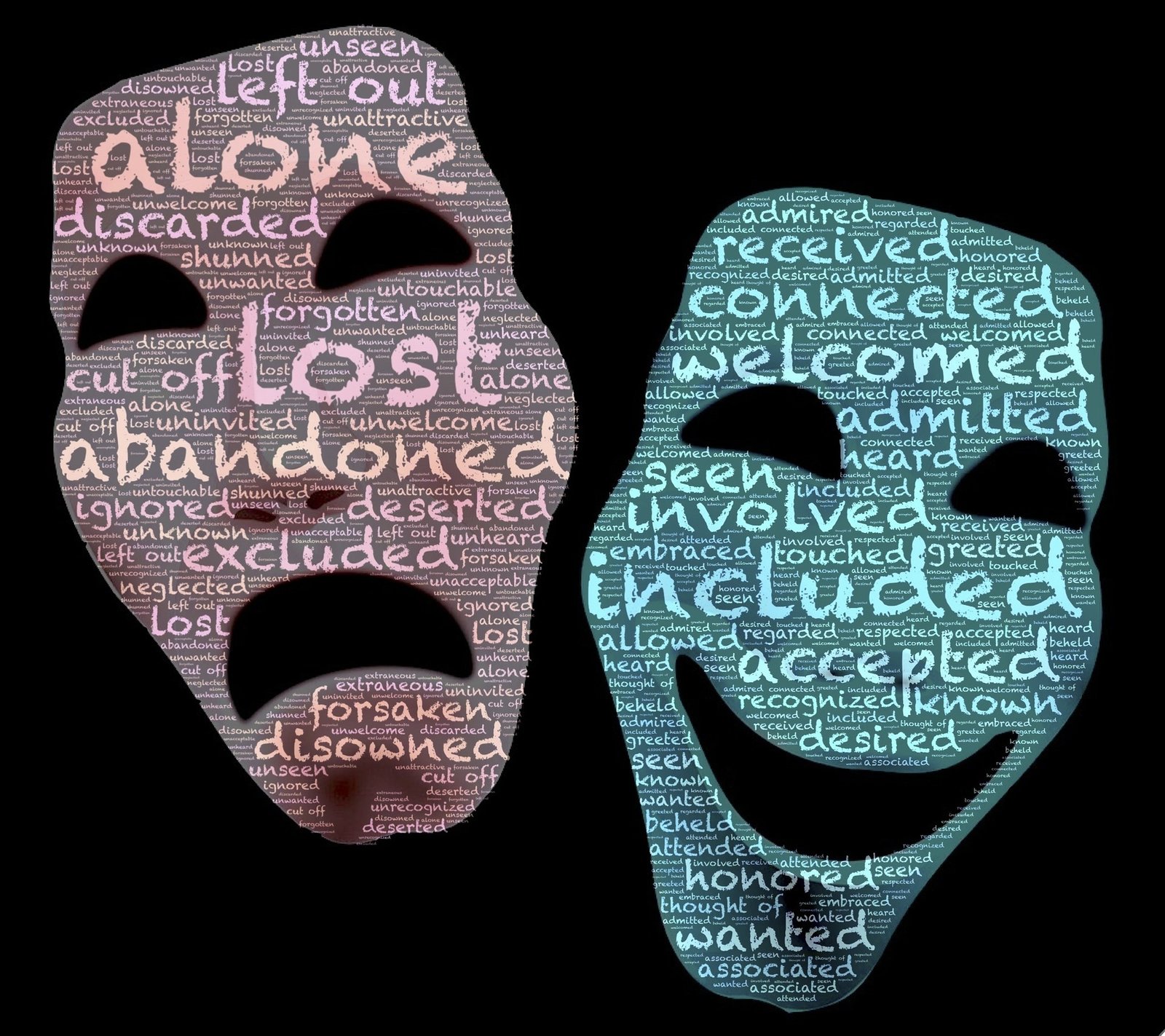Students who take part in a walkout to protest gun violence in America could be faced with disciplinary action by their schools.
Demonstrations against gun violence have been ongoing after the mass school shooting at Marjory Stoneman Douglas High School.
In the wake of the tragedy, March For Our Lives was founded in reaction to the issue of gun violence, which has affected many schools.
According to the March For Our Lives website, the tally on the marches around the world in protest against gun violence, especially those in schools, comes to 766 at the time of reporting.
There is an interactive map of the international protests, mostly occurring in the Western Hemisphere and in particular North America, staged on March 14.
Mass murderer 19-year-old Nikolas Cruz sat in court while thousands of high school students took part in the walkout.
The Cruz shooting was one of at least 14 at a public school in 2018 alone, coming to 3 shootings every two weeks. Some have described this as a generation raised on gun violence.
Several Republican politicians made accusations against students taking part in the hundreds of protests against gun violence in National Walkout Day. They claim that the students are political pawns in a Liberal cause.
One Charleston Democratic senator chastised the Republican leaders who made the allegations. South Carolina Governor, Henry McMaster, said that the walkouts over gun violence are shameful. In full, he stated:
This is a tricky move, I believe, by a left-wing group, from the information I’ve seen, to use these children as a tool to further their own means… It sounds like a protest to me. It’s not a memorial, it’s certainly not a prayer service, it’s a political statement by a left-wing group and it’s shameful.
What we should all do and what these students should do — I imagine a lot of them intend to do — is to pray and to hope for the families of those who were slain.
It is a First Amendment right of the students to peacefully assemble and protest. The schools that impeded the protests could face consequences. On the other hand, some students may face penalties for missing class.
Vera Eidelman, a fellow at the American Civil Liberties Union, said that some schools may punish the students who take part in the walkout – for missing class.
Eidelman further explained, “But what the school can’t do is discipline students more harshly because they are walking out to express a political view or because school administrators don’t support the views behind the protest.”
There have been a variety of reactions to the National Walkout Day from support, to denouncement, to lambasting those who spoke out against the students and the walkout, to the students actually being punished for the walkouts.
One case was at Harney Middle School in Las Vegas, Nevada. 60 students are being required to take part in RPCs, or Required Parent Conferences, and were not being allowed to return to class on Wednesday.
Students in Metro Atlanta were disciplined for their participation in the walkouts. Those at Lindenhurst High are being forced to stay afterschool. The largest school district in South Carolina said that it would discipline upwards of 530 students for taking part in the walkouts.
Many students across the United States were given the choice to either walk out and face disciplinary action or stay in class. Some students were allegedly administered corporal punishment for taking part in the walkout.
The full consequences of the National Walkout Day, March For Our Lives, disciplinary action, and the court case for Cruz, are still unfolding.






Article Discussion